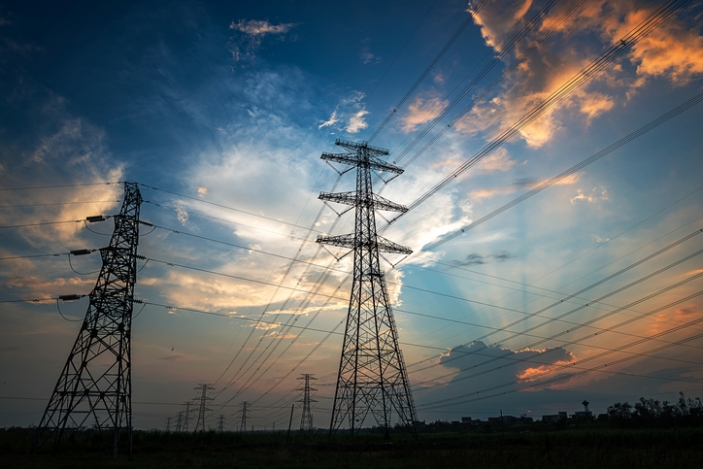Western Power Distribution (WPD) is to trial new technology to help deliver 217,000 electric vehicle (EV) chargers in urban spaces by 2023 in a bid to reduce the need for network upgrades.
The DC Share project is to be trialed in Taunton in Somerset in partnership with Ricardo Energy and Environment.
The trial will see power electronic equipment used to link four local substations across the town centre, allowing them to share their unused capacity to power 15 rapid EV chargers. Of these, five are 100kW rapids, WPD said.
The technology allows network providers to make smarter use of the existing electricity network by harnessing spare capacity within existing substations over investing millions in new infrastructure, according to the DNO.
This then allows low carbon infrastructure such as rapid EV chargers or battery storage to be connected quickly without network reinforcement.
If it was expanded across the other UK electricity networks, WPD is estimating the technology could save customers £162 million in network reinforcement costs by 2050.
The project received over £4.7 million in funding through Ofgem’s Network Innovation Competition in December last year, although WPD had a separate project rejected for funding at the same time.
The DC Share project fits in with another WPD is running, the £1 million Take Charge project that is developing new technology to make installing rapid EV chargers at motorway service stations easier and quicker.
The DNO is predicting that £0.5 million could be saved per site installation using the Take Charge technology, representing a total saving of £33.3 million across the UK if rolled out to 75% of existing service stations.
DC Share, conversely, is targeting urban communities where the adoption of low carbon technologies can be slowed by network constraints and lack of available space to build a larger network of substations.
Work will now begin on preparing local plans for the rapid EV chargers in central Taunton. Building work is scheduled to take place throughout 2021, with the chargers due to be available for public use by spring 2022.
WPD will be offered 12 months of free charging to encourage public uptake of low carbon vehicles and to gather feedback to help future implementation of the technology.
Following the conclusion of the DC Share project, the chargers will be passes on to a local service provider.
Ricky Duke, WPD innovation and low carbon network engineer, said: “DC Share is a win-win: this technology will allow us to rapidly decarbonise transport by making smarter use of existing infrastructure.
“That means less carbon emissions, while reducing the need for expensive infrastructure and network reinforcements in constrained urban communities.”
Long term, WPD plans to roll out the DC Share technology across its network to enable the installation of EV rapid chargers in other towns and cities, with a focus on those that are experiencing constrained networks.
Michael Feasey, the overall project manager at Ricardo, said the project is “another step forward in developing flexible networks and supporting the mass adoption of electric vehicles”.
“By using a DC equalization network to support the existing infrastructure and to facilitate large demand from rapid chargers, we are demonstrating that there are alternatives to traditional reinforcement.”






